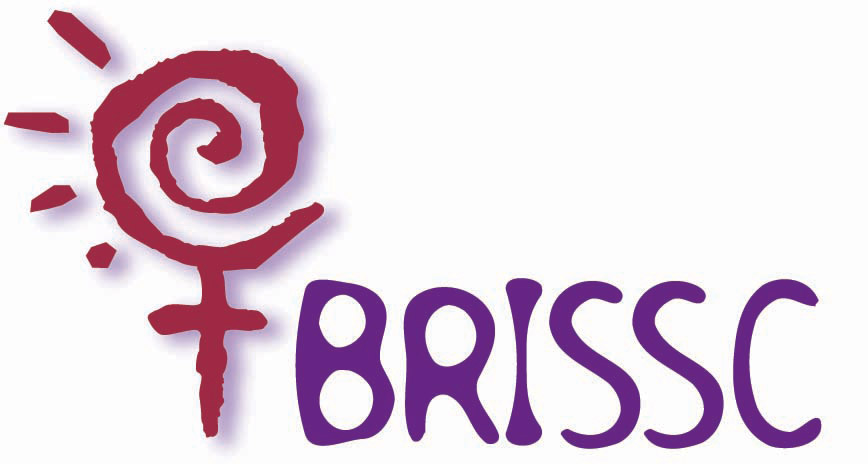The herstory of BRISSC begins in 1973. BRISSC was originally called Women’s House which was a combined rape crisis and domestic violence service, in 1991 these services separated in to Women’s House Shelta and Brisbane Rape and Incest Crisis Centre (BRICC). The name was changed to BRISSC in 1998.
BRISSC was developed by grassroots feminists in the 1970s who shared an analysis of violence against women and came together to rectify the lack of services available to women. This was underpinned by the shared belief in the need radical change and activism in order to promote women’s rights and needs.
The key players involved in the development of BRISSC were community women, as well as women from the Social Work Department at the University of Queensland, Pro Choice/Abortion rights groups, Communist Party, Women’s Electoral Lobby (WEL) and Left Labor women.
The original aims of BRISSC were:
- To work for the liberation of women, challenge social institutions.
- To provide support services, as well as legal, medical, educational and social services, promote research, work towards legal reform, and to empower women.
- To work towards equality for women and the eradication of violence towards women.
- To provide services to support women from a feminist perspective in a way that recognises women as the experts of their own lives, in a safe supportive non-directive and non-judgmental environment where women have access to accurate information, practical assistance and emotional support so that they can make informed choices and action in their lives.
- To establish and maintain ways of working that value women and challenge patriarchy / hieratical structures, i.e. Collective management structures.
The current aims of BRISSC are:
While the original aims of Women’s House were broader than BRISSCs current focus they continue to inform our current focus:
- Women working towards ending violence towards women.
- Supporting women (and the community) who have experienced sexual violence through telephone support info and referral, face to face support, group work and community education and development.
- Promoting recognition of sexual violence as a gendered crime and challenging community beliefs and structures that oppress women.
